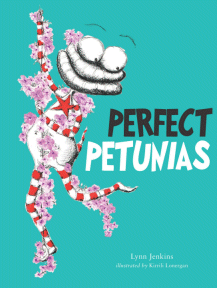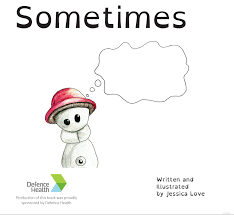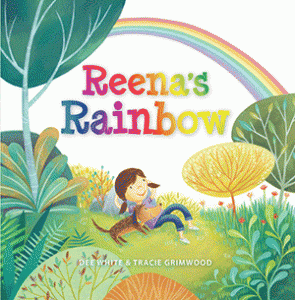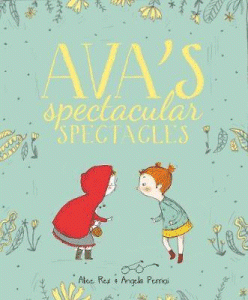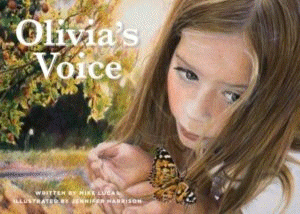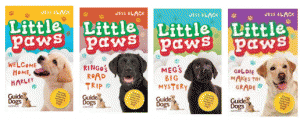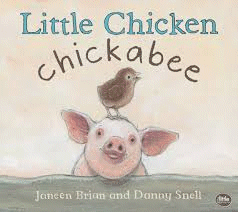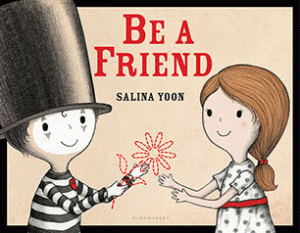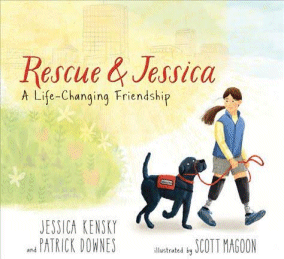
Rescue & Jessica
Rescue & Jessica
Jessica Kensky & Patrick Downes
Scott Magoon
Candlewick Press, 2018
32pp., hbk., RRP $A27.99
9780763696047
Rescue thought he would grow up to be a Seeing Eye dog – after all, that’s what his family does. However, his handler thinks he would be better as an assistance dog and Rescue is worried that he wouldn’t be any good at that. He did not want to let anyone down.
Meanwhile, Jessica has had to have one of her legs amputated and will need either a prosthetic leg or a wheelchair to be mobile. This is not what she thought her life would be like and she worried about whether she will be able to manage the changes. And then she and Rescue are teamed up…
Based on the true story of a young woman injured in the Boston Marathon bombing in April 2013, just five years ago, this is a story of how Jessica and Rescue manage the unexpected changes in their lives and how they rescued each other. Five years on, it is not only a tribute to assistance dogs the world over, it also highlights the struggles of those who survive these disastrous events and continue to cope long after the headlines have moved on – in this case, more than 260.
As well as the personal story of Jessica and Rescue, it also highlights the resilience, the perseverance, and the continuing hard work that it takes to go forward from such a life-changing event including those that do not make world headlines. The cause of Jessica’s unhealthy legs is not disclosed within the story and so there are many children who, sadly, can relate to the realisation that life as they know it has changed and life as they had dreamed is irrevocably altered. Divorce, family break-ups,illness, car accidents, deaths… these (and more) are part of the fabric of our students’ lives that they may be dealing with in silence and while they might not require an assistance dog, we need to be mindful of their struggles. Sharing this story and discussing Jessica’s feelings of despair and hope, taking one step at a time, one day at a time may help them progress just a little further.
